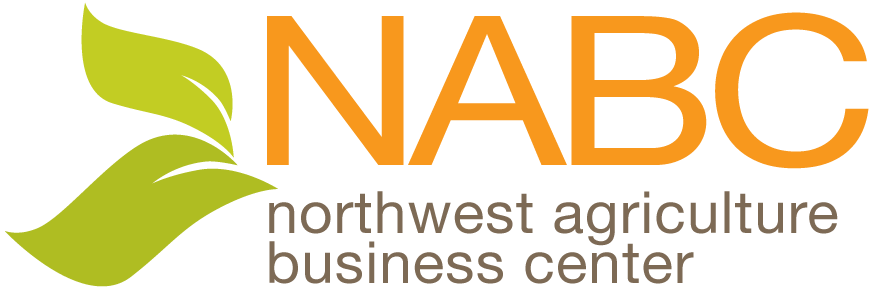WA Cider Culture – Classes and Glasses Fill! | Skagit County
NABC has been abuzz with developments in our WSDA Specialty Crop Block Grant-funded work to develop a hard cider culture in WA. In the past quarter, we’ve delivered six courses in cider production, including two completely new courses in business and marketing. Since April, NABC has offered:
Cider & Perry Production: Principles & Practices (June 23-28 and July 23-28).
Including extensive sensory analysis of cider & perry, this section aims to enable the participant to: Develop a broad appreciation of the main types & styles of cider and perry, along with an understanding of the cider industry; Gain an outline knowledge & understanding of the main principles & practices involved in making cider & perry; Explore ways in which to encourage the positive and responsible development of the industry & its products. 21 students attended the June course, and 12 students completed the NACM certificate exam. 26 students participated in the July course, and 16 students completed the exam.
Orchard Management: Cider Fruit Production (June 23 and July 23).
This one day class offers the basics of tree fruit production with emphasis on cider and dessert apple varieties. Expert orchardist Gary Moulton discusses topics on rootstock, nutrient management, pest management, irrigation, orchard layout planting, pruning, and harvest techniques. 18 students attended the June course, while 25 students attended the July course.
The Business of Making Hard Cider (June 30, 2012)
This one-day cider making business development workshop aimed to help new and existing cider operations maximize business performance. Industry professionals presented about production, economics, business plans, risk management and marketing geared toward both the veteran and the aspiring cider maker. Guest presenters included Lori Frymier, Marcus Robert, Drew Zimmerman, Heidi Braley, Captain Rich Manoli and members of the NABC staff: 35 students attended the course.
The Business of Growing Cider Apples (July 21, 2012). Industry professionals shared information on selecting the right apple varieties, what it takes to establish an orchard, how to produce and sell one’s own cider, and how to develop a solid business plan to help a cider enterprise succeed. Geared towards both the veteran and the aspiring orchardist and cider producer, classes included Selecting Varieties of Apples for the Orchard; Orchard Establishment and Operating Costs; Producing Fresh Cider from your Apples; Finding a Buyer for your Apples/Cider; Creating a Business Plan. 24 students attended.
In the meantime, grant partner Washington State University Northwest Research and Extension Center (WSU-NWREC) in Mount Vernon continues to progress with its cider projects. WSU-NWREC completed a cider bottling, and sensory evaluation by local cider makers has begun. Based on their own maintenance of cider apple trial plots at their Mount Vernon facility, WSU-NWREC has also created a new handout on the costs of establishing a cider apple orchard in Western Washington.
Upcoming classes include:
Advanced Cider Perry Production (Taught by Peter Mitchell) December 10-14, 2012
Designed for those who have previously attended introductory cider making programs, experienced producers, and individuals from established and growing cider businesses, this advanced class builds on Cider & Perry Production – Principles & Practice and and aims to provide an in-depth understanding of cider microbiology & chemistry and key aspects of technology, a detailed insight into the techniques and application of sensory evaluation, and a thorough appreciation of a range of techniques involved in product development, marketing and the operation of a successful cider production business. The class is made up of six seminars: 1) Cider Microbiology & Hygiene Control, 2) Science, Processes & Technology of Cider Production, 3) Laboratory Quality Control, 4) Practical Production Development, 5) Commercial Production, 6) Sensory Analysis. Practical work involves new product development blending trials, laboratory analysis, and expert-led sensory evaluation sessions. More information and registration found here. There are currently 5 spots available.
